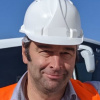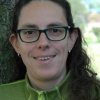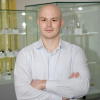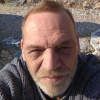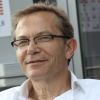Mit dieser Webseite wollen wir die wichtigsten Informationen rund um das Forschungsprojekt UnLimited bereitstellen, das sich mit Untersuchungen zur Lithiumgewinnung aus heißen Tiefenwässern in Deutschland beschäftigt.
Aktuell wird weltweit die Co-Produktion von Lithium aus Anlagen der Tiefengeothermie diskutiert und vereinzelt lokal bereits pilothaft umgesetzt. Vor allem im Bereich der Elektromobilität steigt die Nachfrage nach Lithium rasant. Auch in Deutschland werden in heißen Thermalsolen im Oberrheingraben (ORG) und Norddeutschen Becken (NDB) erhöhte Lithiumgehalte bis zu 200 mg/l gemessen. Das Potential ist somit vielversprechend und die Technologie kann einen bedeutenden Beitrag zur Etablierung einer inländischen Wertschöpfungskette für Lithium leisten.
Im Verbundvorhaben UnLimited arbeiten die Projektpartner gemeinsam an der Entwicklung und Erprobung eines Verfahrens, das die Lithiumproduktion aus den geförderten Tiefenwässern begleitend zu deren geothermischer Nutzung ermöglichen soll.












